WASHINGTON – William Egginton, author of The Splintering of the American Mind: Identity Politics, Inequality, and Community on Today’s College Campuses, said that he has seen “people of all stripes trying to shut down the opinions of others” and it is creating an environment that leads to “tribalism” and violence.
Attorney General Jeff Sessions and the Department of Justice have put an emphasis on combating efforts to undermine free speech on college campuses, citing cases of certain institutions suppressing conservative voices.
Egginton, the Decker professor in the humanities and director of the Alexander Grass Humanities Institute at Johns Hopkins University, was asked if liberal bias on college campuses is hurting political discourse in America, especially among young people.
“I see people of all stripes trying to shut down the opinions of others. As much as campus liberals are using concepts like safe spaces and microaggressions to protect minorities and liberals from the kind of hurt they have traditionally been subjected to, the right is interpreting the moniker of ‘free speech’ as the right to troll liberals and intimidate and silence minorities,” said Egginton, who recently appeared at Politics and Prose in Washington to discuss his new book.
“Such an environment leads to exacerbated tribalism, an unwillingness to listen to other sides, and even violence,” he added. “None of this is conducive to repairing America’s hobbled sense of community.”
Egginton explained the course of action he hopes people take after they read his new book.
“We need to stop holing up in our own enclaves. We need to work to understand others’ plights and perspectives. We need to encourage, not discourage, radical acts of empathy,” he said. “We need to support a broad-based liberal arts approach to education at all levels, and stop thinking of schooling as nothing more that job training and a way to get ahead in life.”
During the book discussion, Egginton said that most state constitutions include education as a fundamental right, but state and local public education funding has dropped since the 2008 financial crisis.
“It seems to me that the failure to recognize education as a fundamental right, along with our reliance on local property taxes as the basis for the funding of public education, is in many ways the policy route of our inability to maintain a baseline equality in our education system – and the situation is only getting worse,” said Egginton when reading an excerpt from his book.
Education inequality “more than any other factor” is “directly contributing to the patent failure of democratic dialogue in the United States today,” he added.
“While the thought leaders of the Republican Party are all college-educated, the base that they depend on is a mixture of white conservatives who felt alienated while they were at college and working-class whites who never went to college and are now deeply suspicious of what they think of and call the global and coastal elite,” Egginton said.
To support his point, Egginton cited a Pew Research Center poll conducted in July 2017 that showed the majority of Republican voters and “right-leaning” independents surveyed believed “universities have a negative effect on the way things are going in this country.”
“To put in plainly, in the middle of a growing culture war, our education system created to cultivate a national civic culture is only making things worse,” he said.
He cited the 2016 presidential election results as an example of education inequality undermining the “democratic dialogue” in America.
“In 2016 Clinton led Trump by 26 percent, enough to throw off pollsters who hadn’t been weighting educational attainment. At the same time, a strong majority of Republican voters now say they don’t trust universities to educate their kids,” he said. “This is a great example of educational inequality undermining democratic dialogue.”
Egginton also said he supports amending the U.S. Constitution to make education a right for every individual in order “to repair the Supreme Court decision that denied that education was a fundamental right, since I don’t see a likely court majority to overturn that decision arising any time soon.”


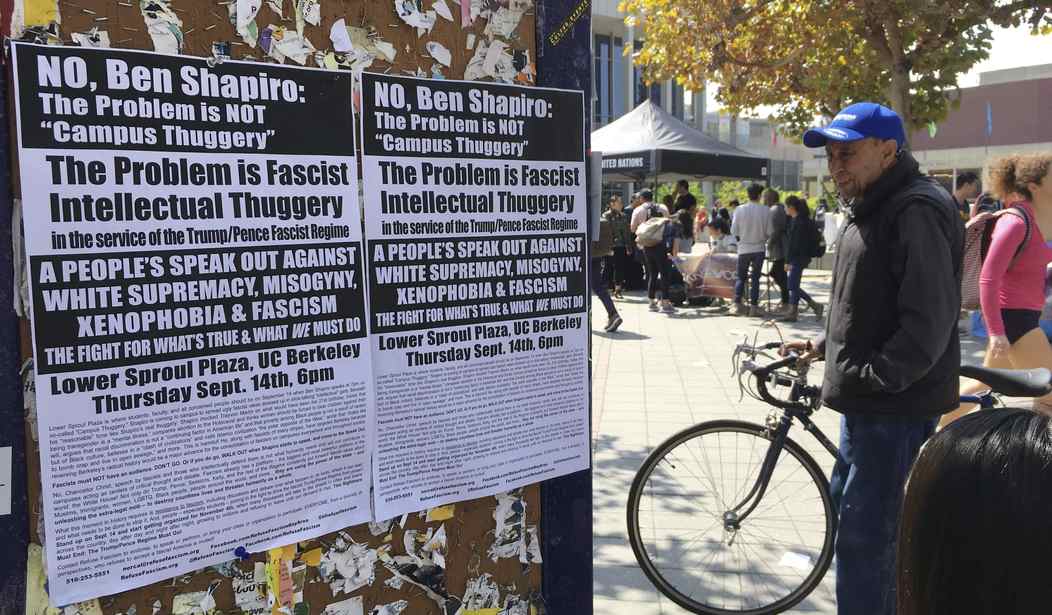
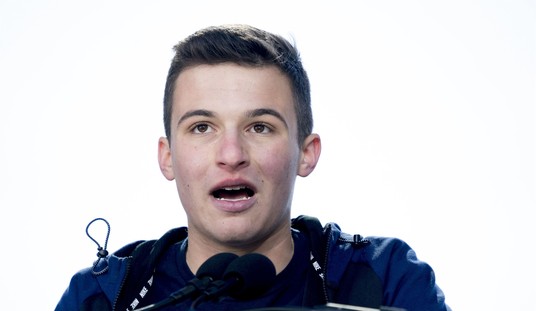
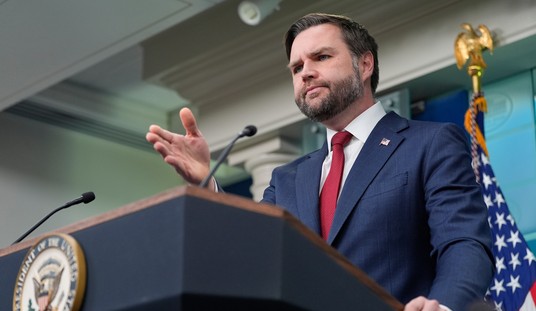
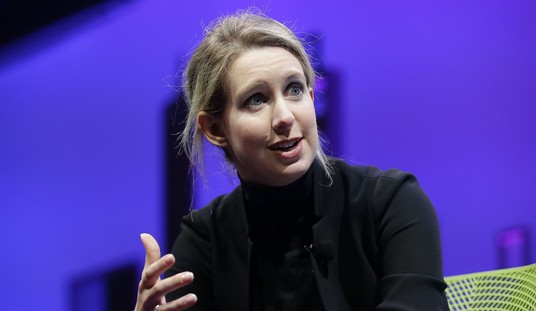

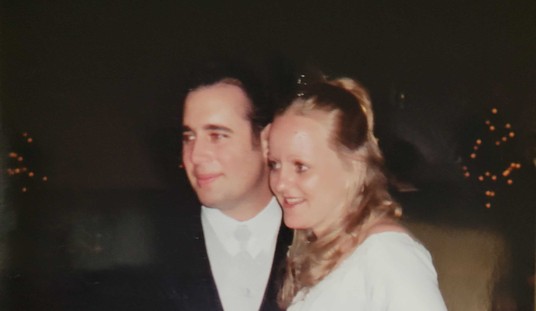

Join the conversation as a VIP Member